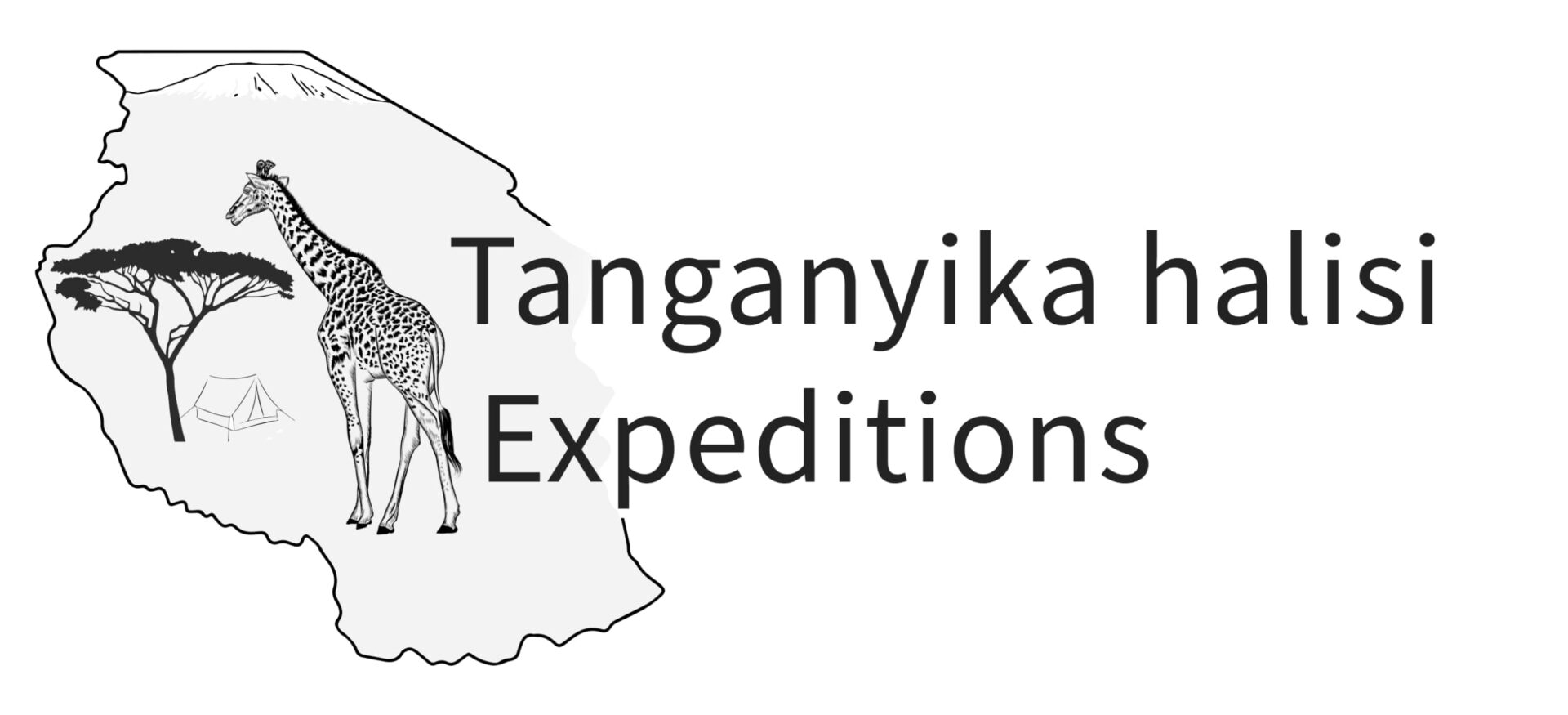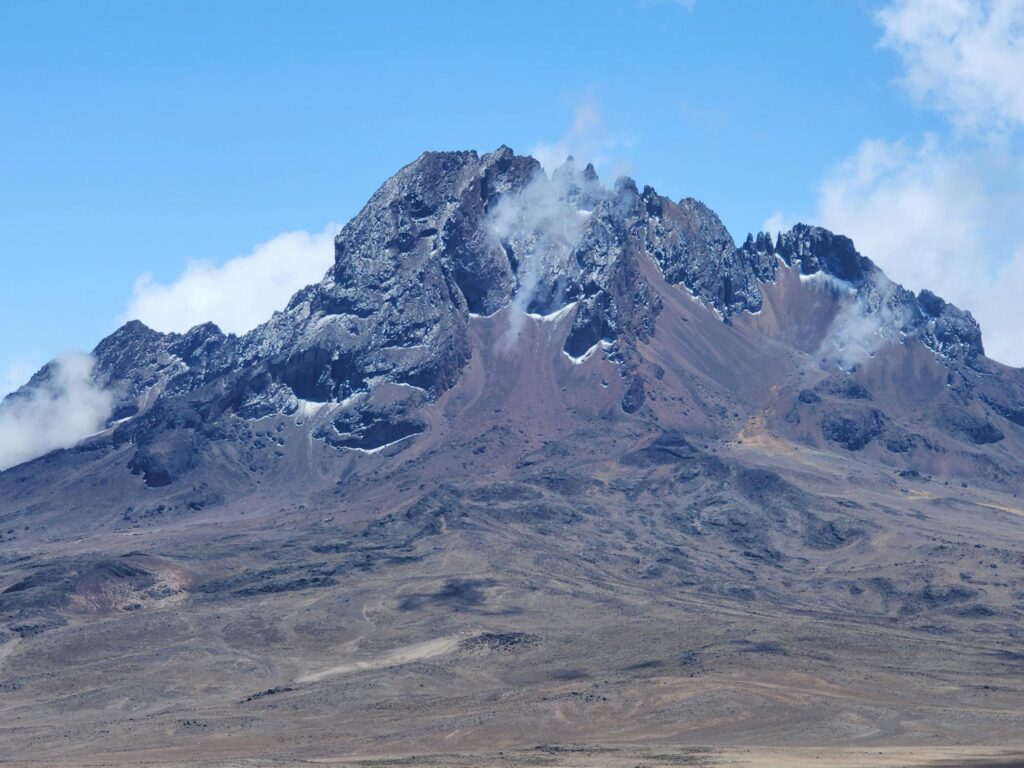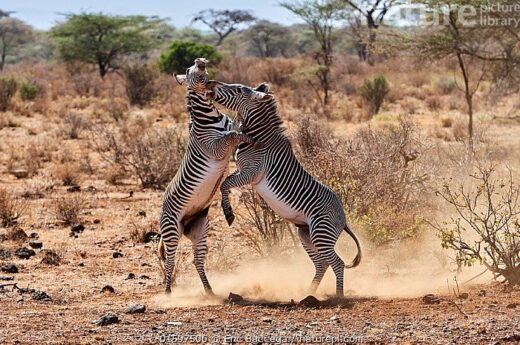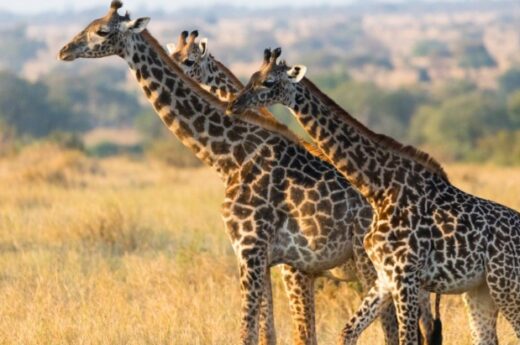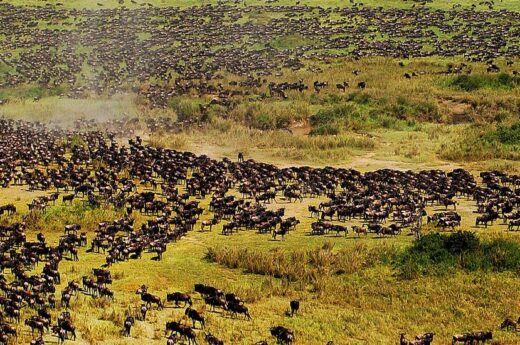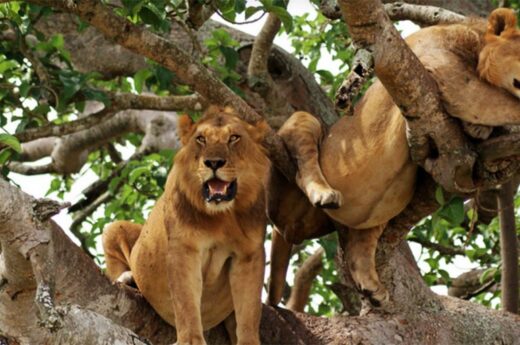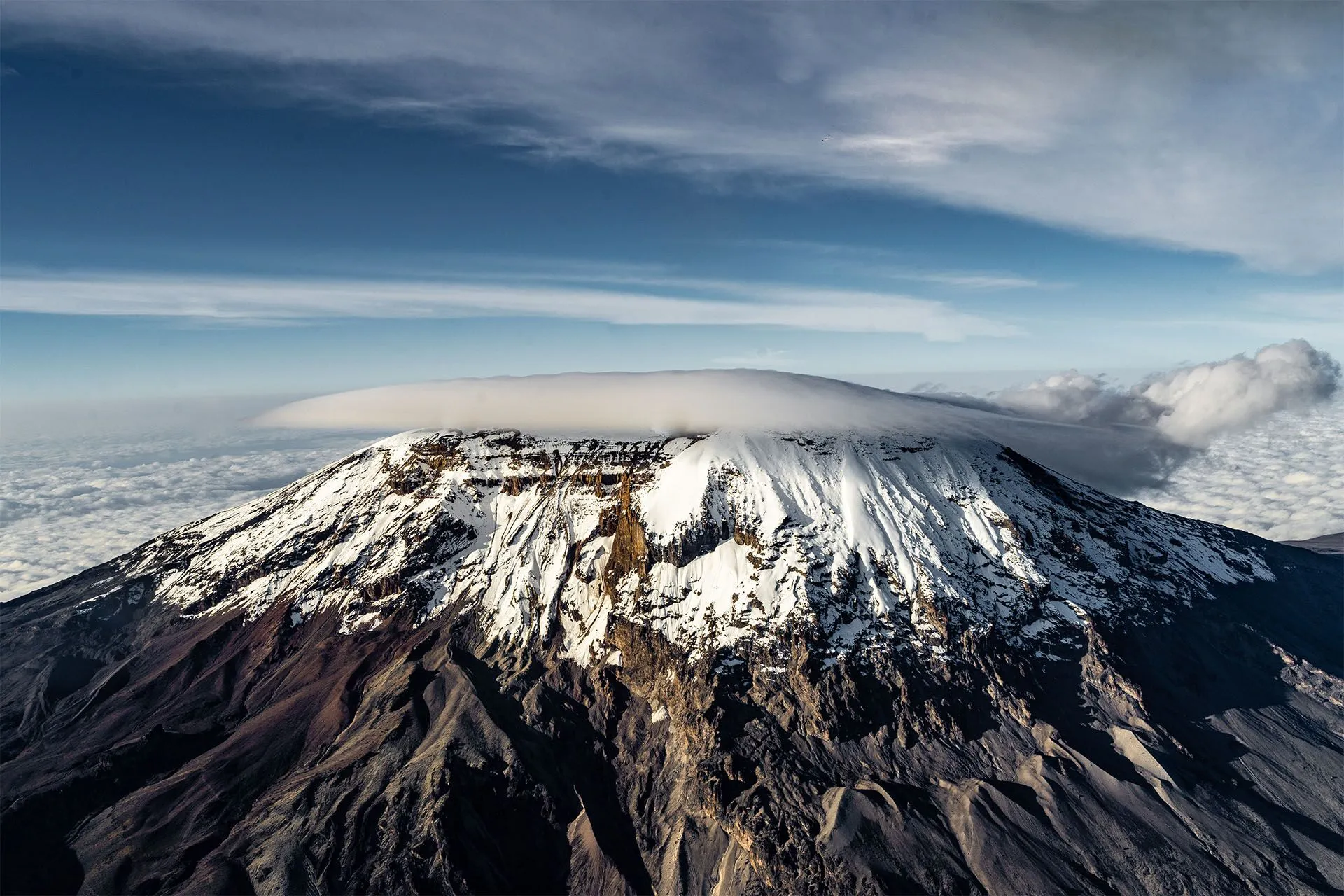
7 Days Umbwe Route
- Tanzania
- 7 days
Overview
The Umbwe Route is renowned for its demanding ascent, involving a rapid climb through thick rainforest, often utilizing tree roots as natural steps. Due to safety concerns at Arrow Glacier and the Western Breach, our standard Umbwe treks merge with the Machame route after the initial night. However, for those seeking a more adventurous summit via the Western Breach and Arrow Glacier, we offer specialized premium packages, including an overnight stay at Crater Camp, at an additional cost. The key distinction between the 6-day and 7-day Umbwe itineraries is the inclusion of an extra day for acclimatization at Barranco camp.
Duration
Places to Visit
Day by Day Itinerary
Inclusions
Exclusions
Frequently Asked Questions
What’s Included and Excluded in Every Tour?
The inclusions and exclusions vary by tour. Each tour has its specific set of inclusions and exclusions. Please refer to the individual tour page to see what is specifically included in that tour.
What Are Your Cancellation Terms?
Our cancellation terms are standard within the industry. For more information on our cancellation policy, please visit the designated page.
What Vaccines and Health Requirements Are Needed?
The requirements vary depending on the country and nationality. For the most accurate information, please visit the page specific to your destination and consult the corresponding embassy page for the latest information.
Can I Choose Other Accommodation Than What’s Specified?
Yes, if you have a special preference, let us know, and we will offer alternatives from our vast network of company-owned and partner accommodations. Booking with us allows you to enjoy discounted rates as we have special agreements with our partners.
Will My Mobile/Cellular Phone Work During the Tour?
Yes, though signal strength may vary in different areas.
What Activities Can My Kids Do While on a Safari?
A safari offers an enriching experience for children, allowing them to observe animals in their natural habitat. Some camps and lodges offer amenities for children, such as playrooms and pools, though these are not universally available. We suggest bringing activities that your children enjoy.
What Payment Methods Do You Accept?
We accept various payment methods, including card payments. For more information on acceptable payment methods, please visit our payment information page.
What If I Have Special Needs or Requirements?
We strive to cater to all requirements, such as providing wheelchair-friendly accommodation or rooms on the first floor if stairs are a challenge. Please communicate with us in advance about your needs.
What Are the Road Conditions Like?
Most safari parks have bumpy but manageable roads, with some roads being paved. Generally, guests do not view this as a problem.
Is Electricity Available 24 Hours in the Lodges and Camps?
Most standard camps and lodges are equipped with generators, so electricity is generally available 24 hours. However, some interruptions may occur but are typically not a significant concern for guests.
What About My Special Diet and Food Preferences?
We cater to all diets, including vegan, vegetarian, and gluten-free options, among others. Please inform us in advance about your dietary preferences.
Is Tipping Required?
Tipping is not required but is recommended. The amount varies by country, but you should tip according to what you feel is appropriate.
